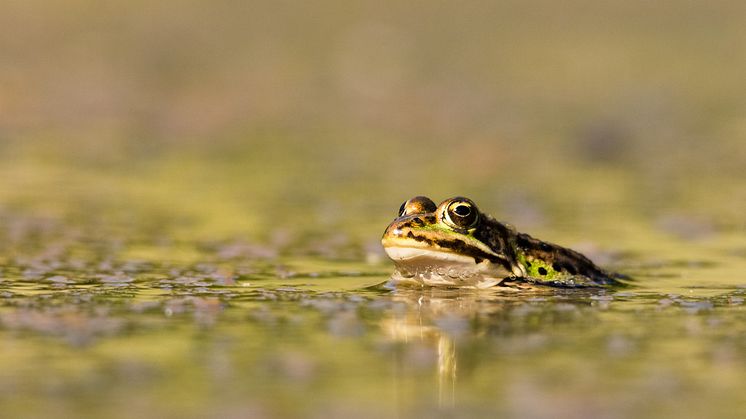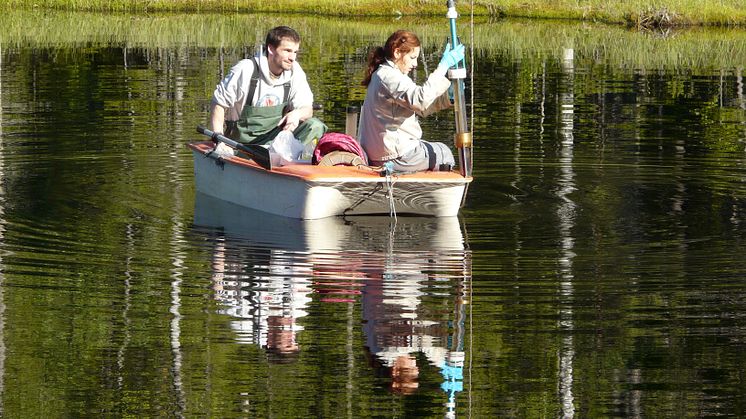An All-Organic Proton Battery Energised for Sustainable Energy Storage
Sustainable energy storage is in great demand. Researchers at Uppsala University have therefore developed an all-organic proton battery that can be charged in a matter of seconds. The battery can be charged and discharged over 500 times without any significant loss of capacity. Their work has been published in the scientific journal Angewandte Chemie.


